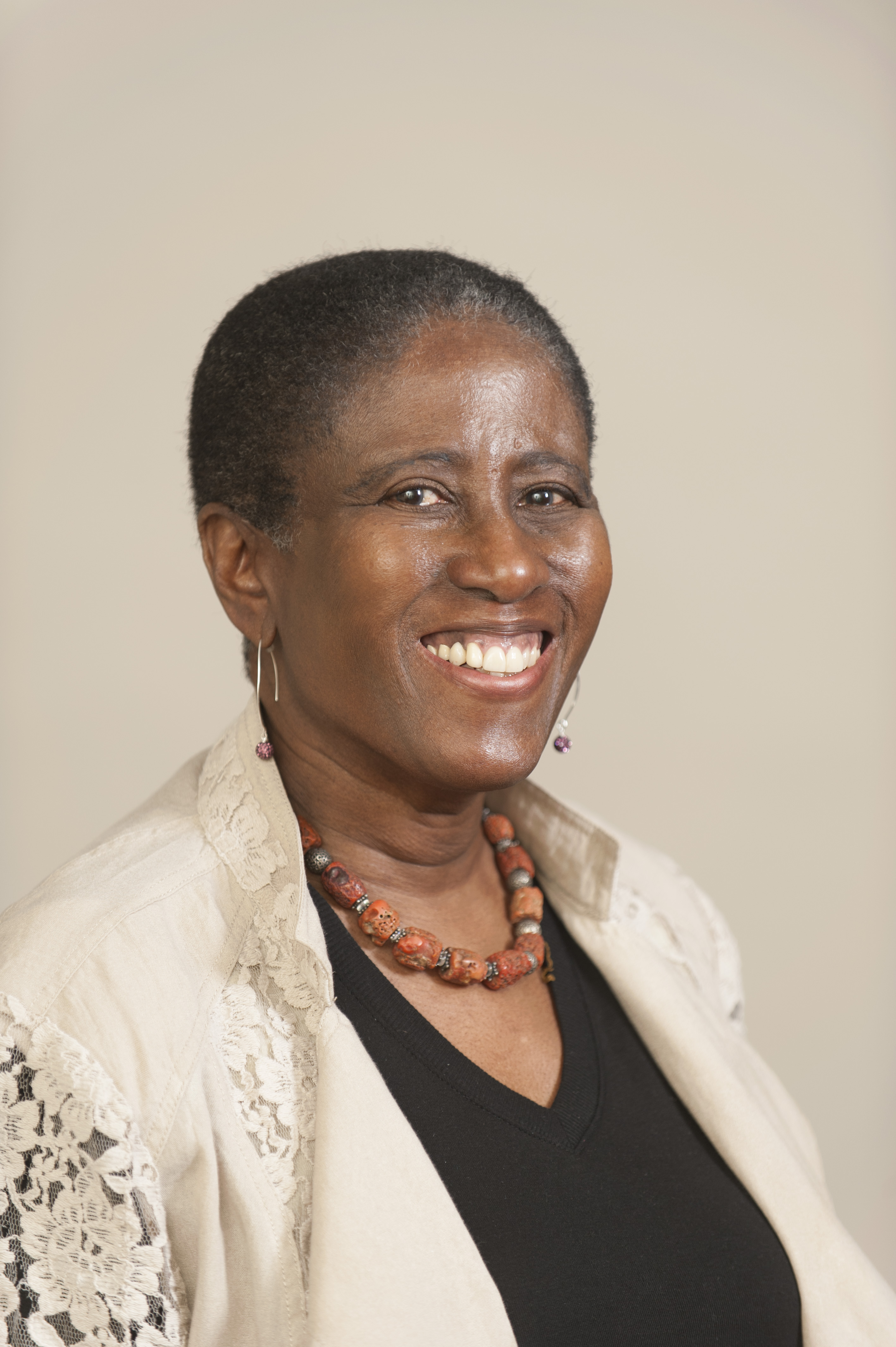Merle Collins

Professor Emerita, English
Emeritus/a, Latin American and Caribbean Studies Center
collinsm@umd.edu
3104 Tawes Hall
Get Directions
Research Expertise
African American/African Diaspora
Caribbean
Comparative Literature
Research expertise: African Diaspora/Caribbean
Publications
“Louise Langdon Norton Little, Grenadian Mother of Malcolm X"
Featured in Caribbean Quarterly
Author/Lead: Merle CollinsCaribbean Quarterly, 66:3, 346-369, DOI: 10.1080/00086495.2020.1802868
View this article.
Read More about “Louise Langdon Norton Little, Grenadian Mother of Malcolm X"
Angel
Chronicling the events that took place in Grenada from 1951—when workers revolted against the white owners of the sugar and cocoa estates—to the U.S. invasion in 1983, this revised and expanded edition follows headstrong Angel and her mother, Doodsie.
Author/Lead: Merle CollinsChronicling the events that took place in Grenada from 1951—when workers revolted against the white owners of the sugar and cocoa estates—to the U.S. invasion in 1983, this revised and expanded edition follows headstrong Angel and her mother Doodsie as they experience the deposition of the old, corrupted leadership with conflicted emotions. As their community struggles for independence, the political conflicts in Grenada tear long-term relationships apart, provoke fratricidal killings, and allow an outrageous breach of sovereignty. Seamlessly moving between these serious events and the warmth and tensions of family life, this celebrated novel offers an informed account of the revolution and a richly developed vernacular.
Read more at Amazon.
“Explorations of the Self”
Featured in Caribbean Literature in Transition.
Author/Lead: Merle Collins“Explorations of the Self” in Rafael Dalleo & Curdella Forbes, ed. Caribbean Literature in
Transition. 1920-1970. Vol. 2 1920-1970. Cambridge University Press, 2021.
The Ladies are Upstairs
From the 1930s to the new century, Doux Thibaut, one of Merle Collins’ most memorable characters, negotiates a hard life on the Caribbean island of Paz.
Author/Lead: Merle CollinsFrom the 1930s to the new century, Doux Thibaut, one of Merle Collins’ most memorable characters, negotiates a hard life on the Caribbean island of Paz. As a child there is the shame of poverty and illegitimacy, and there are the hazards of sectarianism in an island divided between Catholic and Protestant, the rigidity of a class and racial system where, if you are black, your white employer is always right—and only the ladies live upstairs. Doux confronts all such challenges with style and hidden steel.
We leave Doux as an old lady moving between the homes of her children in Boston and New York, wondering whether they and her grandchildren really appreciate what her engagement with life has taught her.
In these tender and moving stories, Merle Collins demands that we do not forget such lives. If ghosts appear in several of the later stories, they are surely there to warn that amnesia about the past can leave disturbed and restless spirits behind.
In addition to the Doux stories, this collection restores to print an earlier ‘Paz’ story, “Rain Darling”, and their juxtaposition contrasts two very different responses to the hazards of life.
Read more at the publisher's website.
Lady in a Boat
The strength of the local people is presented in the particularities of a resilient 8o-year-old woman who embodies the faith of the Caribbeans.
Author/Lead: Merle CollinsBucking the despair of modern challenges facing the Caribbean region presented by globalism, the International Monetary Fund, and the failure of many political leaders, this collection of poetry offers a consoling and healing message on such griefs from the Grenadian and Caribbean perspective. The strength of the local people is presented in the particularities of a resilient 8o-year-old woman who embodies the faith of the Caribbeans. The portrait of the end of the Grenadian revolution enhances these celebrations of love, children, and the strength of the Caribbean people.

